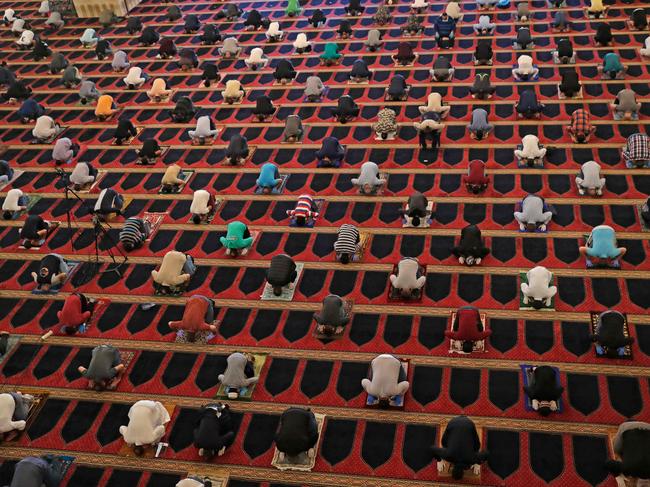Coronavirus: Which nations are beating COVID-19 — and which are not?
Scientists are gleaning vital information on how best to fight the coronavirus by studying the global table of infection rates and fatalities. See which countries are winning the life-and-death battle against the virus — and which countries are not.
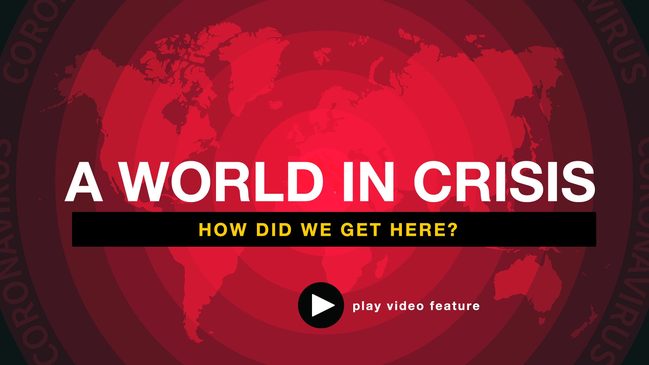
NSW Coronavirus News
Don't miss out on the headlines from NSW Coronavirus News. Followed categories will be added to My News.
It is a grim reality for the nations hit hardest by COVID-19, but the global table of who is winning and losing the life-and-death battle against the virus is giving scientists vital information on how to fight the pandemic.
British PM Boris Johnson, who has been infected and recovered from the killer bug, has stopped releasing international death tolls, saying it was “premature” to make comparisons.

His edict came as the UK leapfrogged Italy to become the country with the highest death toll in Europe — 33,000 fatalities — and the second-highest in the world after the US, where 82,387 people have died.
But the raw numbers don’t tell the whole story: in fact both the US and the UK are not the world’s worst hot spots if their large populations are taken into account.
MORE NEWS
Anti-vaxxer Cartwright free to play after gaining exemption
Fugitive Barbaro extradited after bloody penthouse stand-off
Judge’s fury at alleged coke dealer’s COVID-19 ‘excuse’
That unwelcome distinction belongs to the mid-sized European country of Belgium, which has an astronomical death rate per million of 766.3 for its 11 million people.
It is head and shoulders above Spain’s figure of 576, France’s 511, the UK’s 252 and America’s 38. Fortunately, Australia’s mortality rate is just 3.8 per million.
Belgium officials caution that they actually count their figures differently by including suspected — but not confirmed — cases.
But an incredible 53 per cent of their cases have been in nursing homes, and unfortunately Belgium has the third-highest rate of people over 65 living in such facilities.
Another early mistake the country made was not giving nursing home staff protective equipment.
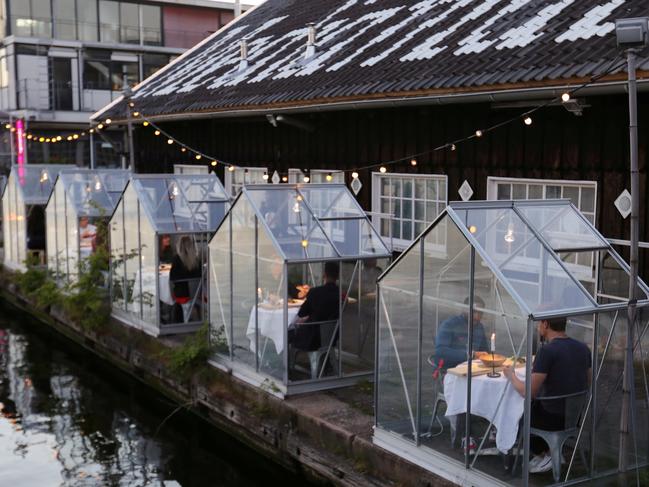
Institute for Evidence-Based Healthcare director Professor Paul Glasziou said there was a lot to learn from overseas experience.
He said the US, UK, Russia and Brazil had all been doing badly against the virus, albeit at different stages.
“South Korea did very well, as have Taiwan, Hong Kong, Denmark and Australia,” Prof Glasziou said.
He pointed to Harvard University research into successful nations, revealing the most important factors had included massive testing numbers, strong lockdowns, strict travel restrictions, isolating infected family members away from home, face masks and “early commonsense action”.
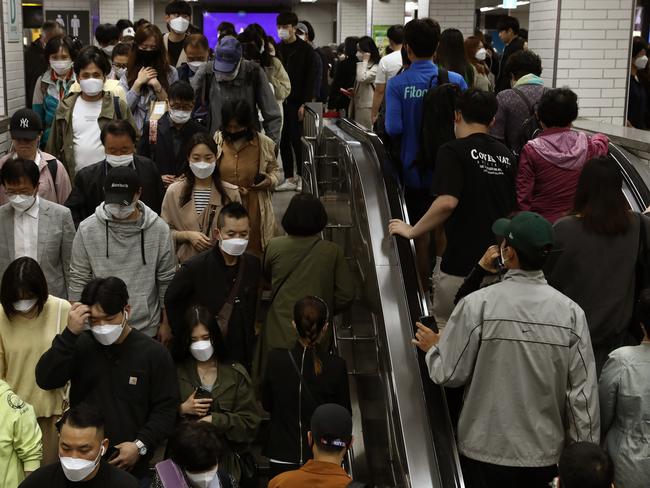
In Brazil, President Jair Bolsonaro had been against lockdowns over concerns they would harm the economy and had called the coronavirus “a little flu”.
But now thousands of mass graves are being dug in Sao Paulo cemeteries after more than 12,000 died.
With its grim tally of 27,000 deaths, Spain is among the countries hardest hit by COVID-19.
But new blood tests this week on 60,000 random people there found 5 per cent of all Spaniards, or 2.3 million people, may have been infected with the virus. The figure rises to 10 per cent in the capital Madrid.
That’s around 10 times higher than the 228,691 cases that the country has so far confirmed.
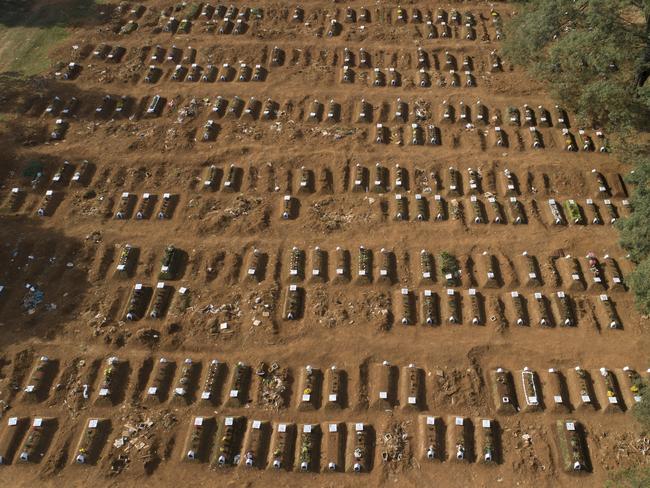
Experts say Spain suffered from a slow government response and the fact that large sporting and soccer events still went ahead in March despite the disease’s spread.
Australia’s Deputy Chief Medical Officer, Dr Nick Coatsworth, said such numbers reported in countries with large outbreaks were likely the “tip of the iceberg”.
“The problem is that a lot of countries have had such a widespread community transmission before they even detected COVID-19, and so they largely restricted their testing to those who were in hospitals,” he said.
“(There would be) a lot of milder cases within the community that simply were not detected.”
Dr Coatsworth said that to know the “closest truth” on the figures, Australia’s data was among the most reliable in the world.
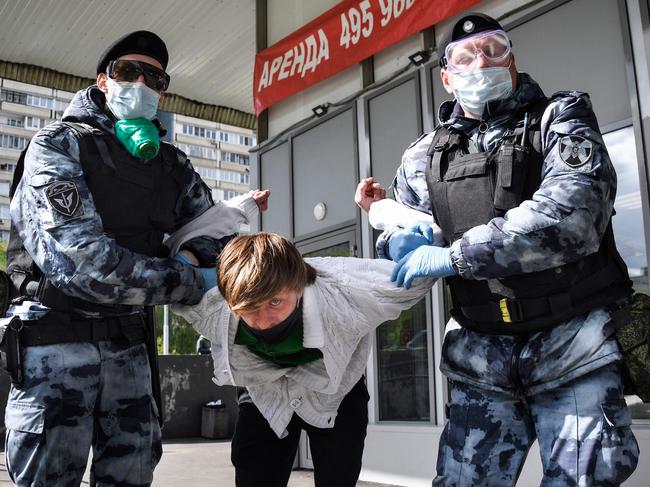
His colleague Professor Paul Kelly flagged Brazil and Russia as countries of particular concern in recent weeks.
Prof Kelly said New Zealand, Taiwan and Australia were probably the top three countries in the world for controlling the virus.
“The crucial component of that has been the control of the borders,” he said.
The situation in Russia is worsening — it has the second-highest toll in the world after the US, and President Valdimir Putin’s spokesman is infected.
